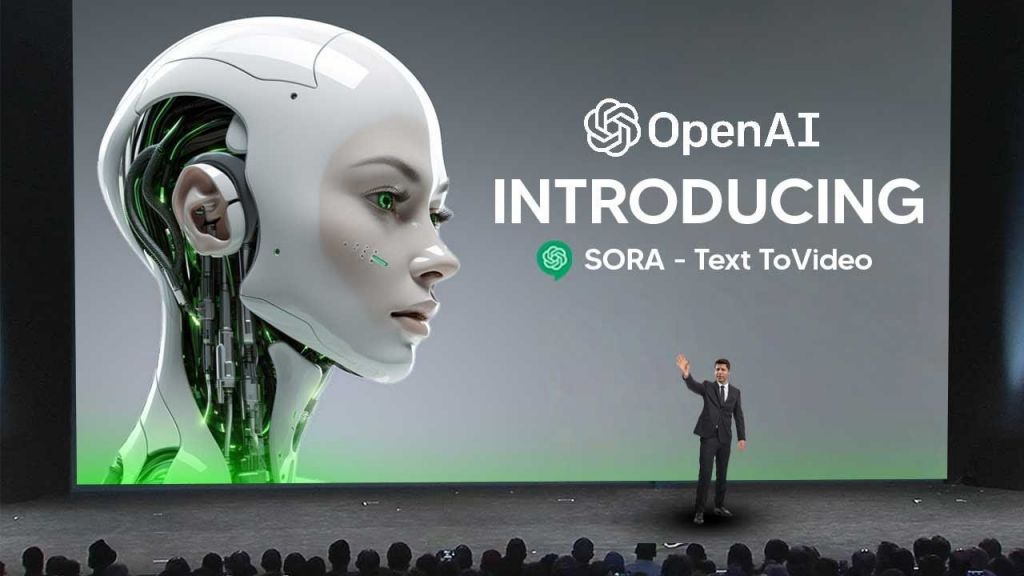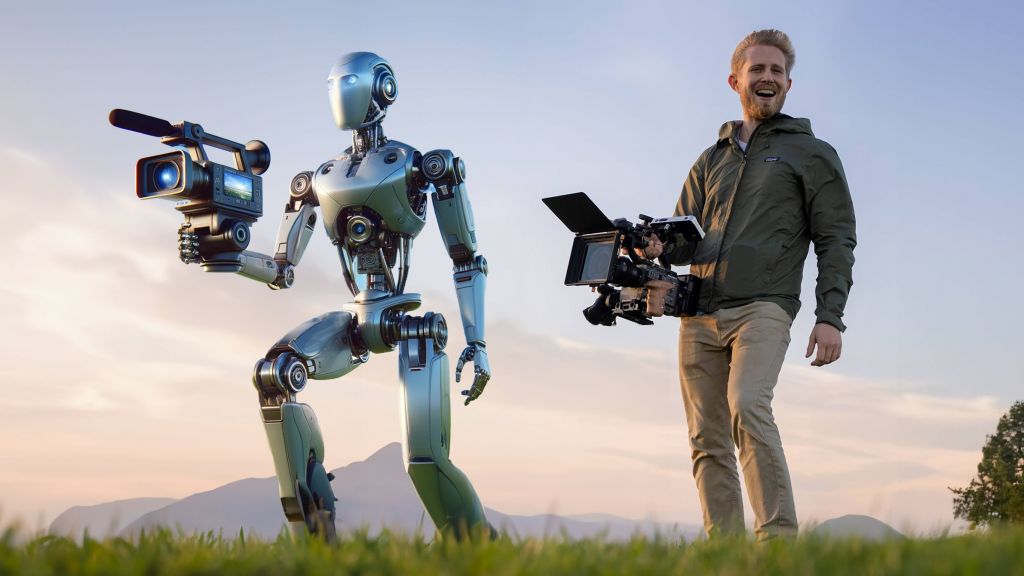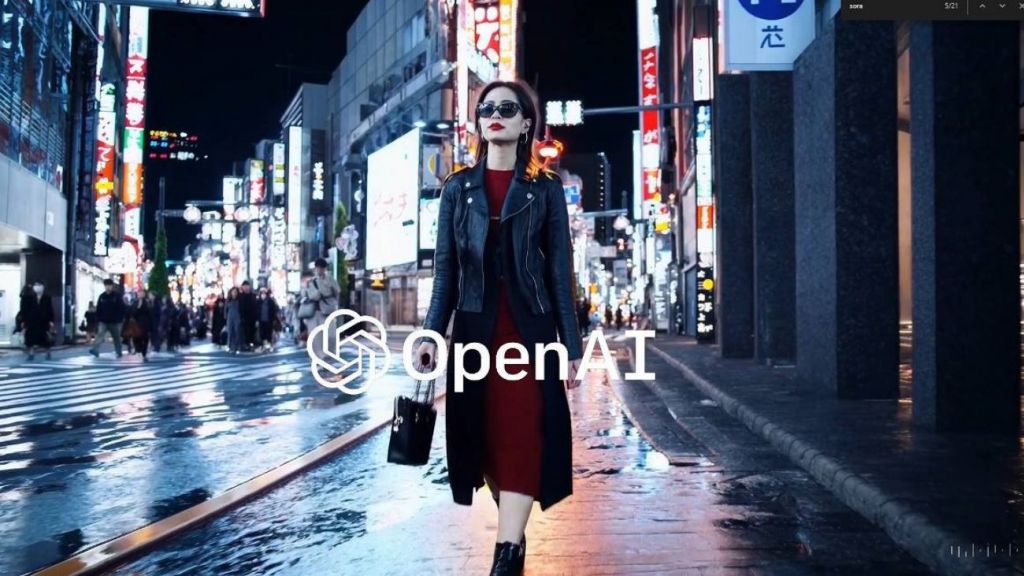Introduction
Artificial Intelligence (AI) is revolutionizing various industries, and the film industry is no exception. From pre-production to post-production, AI is transforming the way films are made, distributed, and consumed. This essay explores how AI will change the film industry, highlighting its potential to enhance creativity, efficiency, and audience engagement.
Pre-Production: Streamlining Planning and Creativity
1. Scriptwriting and Story Development
AI-powered tools are making their mark in the realm of scriptwriting. Advanced algorithms can analyze vast amounts of data from successful scripts and generate new story ideas, helping writers overcome writer’s block and offering fresh perspectives.
Key Benefits:
Data-Driven Insights: AI can identify popular themes, plot structures, and character archetypes, providing writers with valuable insights.
Idea Generation: AI tools can suggest plot twists, character developments, and dialogue options, enhancing creativity and efficiency.

2. Casting and Talent Management
AI can streamline the casting process by analyzing actors’ past performances, physical characteristics, and audience preferences. This technology can match the right talent to the right roles more efficiently than traditional methods.
Key Benefits:
Efficiency: AI can quickly sift through thousands of actor profiles to find the perfect fit for a role.
Audience Preferences: By analyzing social media and other data, AI can predict which actors will resonate most with target audiences.
Production: Enhancing Efficiency and Creativity
1. Virtual Production and Special Effects
AI is revolutionizing visual effects (VFX) and virtual production. Machine learning algorithms can generate realistic environments, characters, and effects, reducing the time and cost associated with traditional VFX methods.
Key Benefits:
Cost Reduction: AI can significantly lower the costs of creating complex visual effects.
Real-Time Editing: AI-powered tools allow for real-time adjustments to lighting, textures, and other elements, enhancing creative control on set.

2. Filming and Cinematography
AI-driven cameras and drones are changing the way films are shot. These technologies can autonomously capture footage, follow action sequences, and even suggest optimal shooting angles and lighting setups.
Key Benefits:
Precision: AI can ensure consistent and precise camera movements, reducing the need for reshoots.
Innovation: Directors can experiment with new filming techniques and angles that were previously difficult to achieve.
Post-Production: Speeding Up Editing and Distribution
1. Editing and Color Grading
AI is transforming the editing process by automating tasks such as color grading, scene selection, and even sound editing. These tools can analyze footage and make adjustments based on predefined criteria, speeding up the post-production phase.
Key Benefits:
Time Savings: AI can quickly process and edit large amounts of footage, reducing the overall production timeline.
Consistency: Automated editing ensures a consistent look and feel throughout the film.
2. Marketing and Distribution
AI is playing a crucial role in film marketing and distribution. Algorithms can analyze audience data to create targeted marketing campaigns, predict box office performance, and optimize release strategies.
Key Benefits:
Targeted Marketing: AI can identify and reach specific audience segments with personalized marketing messages.
Distribution Optimization: AI can recommend the best release dates and platforms to maximize viewership and revenue.

Audience Engagement: Personalized and Immersive Experiences
1. Personalized Content
AI algorithms can analyze viewer preferences and behaviors to deliver personalized content recommendations. This technology is enhancing the way audiences discover and engage with films.
Key Benefits:
Increased Engagement: Personalized recommendations keep viewers engaged and coming back for more.
Data-Driven Insights: Filmmakers can gain valuable insights into audience preferences, informing future projects.
2. Immersive Experiences
AI is enabling new forms of immersive storytelling through virtual reality (VR) and augmented reality (AR). These technologies allow audiences to interact with films in unprecedented ways, creating more engaging and memorable experiences.
Key Benefits:
Interactive Storytelling: AI-powered VR and AR experiences offer audiences a new level of interactivity and immersion.
Expanded Creativity: Filmmakers can explore new narrative possibilities and create multisensory experiences.

Ethical Considerations and Challenges
While AI offers numerous benefits, it also raises ethical considerations and challenges that need to be addressed. Issues such as data privacy, job displacement, and the potential for AI-generated content to lack originality must be carefully managed.
Key Considerations:
Data Privacy: Ensuring the responsible use of audience data is crucial for maintaining trust.
Job Displacement: The industry must balance automation with the need to protect jobs and support creative professionals.
Authenticity: Filmmakers should strive to maintain the authenticity and originality of their work, even when using AI tools.
Conclusion
AI is poised to transform the film industry in profound ways, enhancing creativity, efficiency, and audience engagement. From streamlining pre-production processes to revolutionizing post-production and distribution, AI offers filmmakers new tools and opportunities to tell compelling stories. However, it is essential to navigate the ethical considerations and challenges that come with this technological advancement. With the support of AI, the future of filmmaking looks incredibly promising, opening up new possibilities for creativity and innovation.
